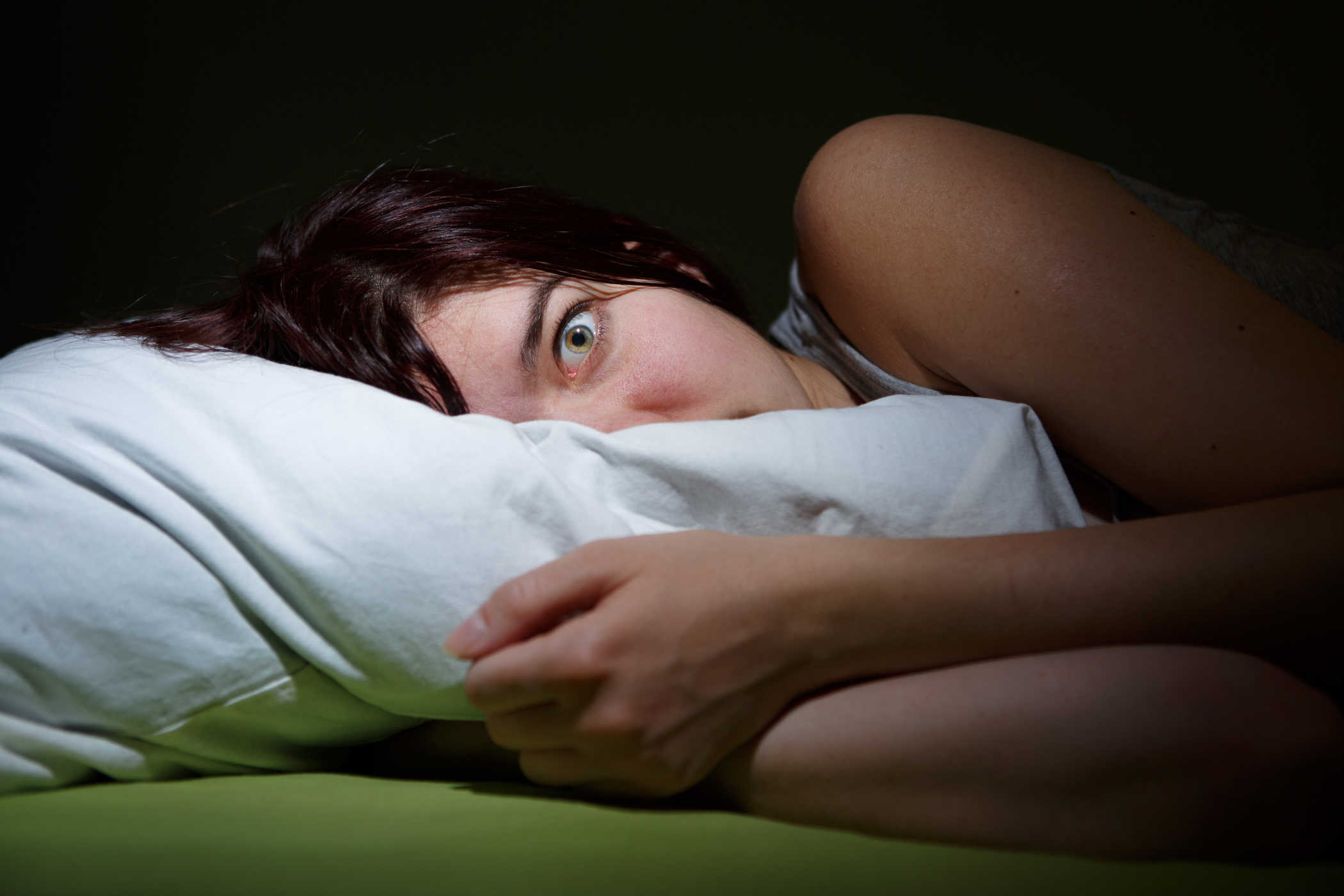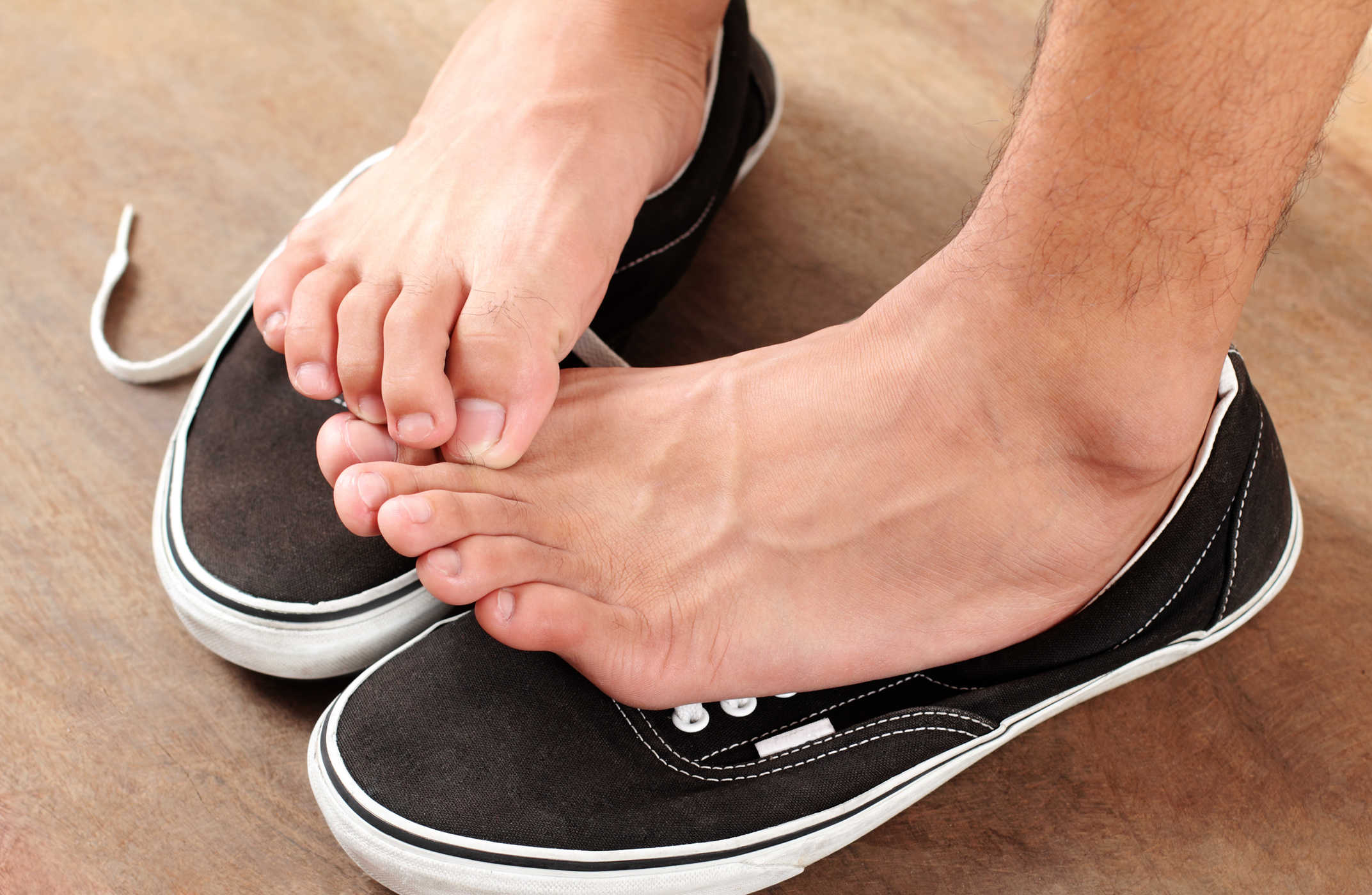Contents:
- Medical Video: 9 Ways to Easily Lose Weight While Sleeping
- 1. Make a sleep routine
- 2. Try to be consistent with your sleep routine for one week
- 3. Avoid pressing the button snooze in the morning
- 4. Pay attention to the consumption patterns of food and drinks
- 5. Create a comfortable sleeping environment
- 6. Make the bedroom dark at night and bright during the day
- 7. Don't just lie in bed when you have trouble sleeping at night
- 8. Set the right schedule for physical activity
- 9. Avoid falling asleep at times that you usually wake up
Medical Video: 9 Ways to Easily Lose Weight While Sleeping
Sleep patterns, or our habits in terms of sleep, are strongly influenced by the biological clock that regulates our wakefulness and sleep for 24 hours. Changes in sleep patterns usually occur due to staying up or staying longer. This causes changes in sleep habits and shifts in biological clocks, causing us to fall asleep at abnormal times.
Age and busyness causes sleep routines to change easily. Lack of sleep at night and being replaced by sleep during the day is one example of changes in sleep patterns, and this can cause the body to not work optimally. Normal sleep patterns are 7 to 8 hours of sleep at night, and the rest is spent awake.
Here are some tips to improve sleep patterns to become normal again:
1. Make a sleep routine
Patterns of sleep 7-8 hours at night may be too difficult for some people to follow. But the thing to note in shaping the sleep routine is to make yourself as comfortable as possible. Recognize and overcome the factors that can bother you while resting.
You may find it difficult to regulate your sleep cycle at night by falling asleep at the same hour. However, you can try to keep the cycle awake by waking up at the same time in the morning. Do this gradually by waking up in the morning 5 to 15 minutes early until you get used to the time to wake up.
2. Try to be consistent with your sleep routine for one week
Consistency is the main key if you want to improve sleep. That means you have to form a habit of duration of sleep, as well as time to start sleeping and wake up at the same time. This must be done for one week including weekends.
3. Avoid pressing the button snooze in the morning
By increasing sleep time in the morning (by pressing the button snooze) then your sleep routine will change again. In other words, the cycle of wakefulness will change and over time there can be a shift in sleep time. If you are trying to improve sleep time, delaying getting up when the alarm sounds can make your efforts less effective.
4. Pay attention to the consumption patterns of food and drinks
Here are some important points in setting consumption patterns before going to bed:
- Avoid consuming caffeine (from coffee, tea or other sources) more than 12 hours before your bedtime.
- Avoid drinking too much fluid before going to bed so you don't have to wake up in the middle of the night to go to the toilet.
- Avoid alcohol consumption before going to bed because it will interfere with the body's process to fall asleep.
- Avoid consuming sour and spicy foods before going to bed.
If you feel hungry at night, try eating healthy foods and not making it difficult to fall asleep, such as snacks from whole grains, low-sugar cereals, and bananas.
5. Create a comfortable sleeping environment
Here are some ways to make the bedroom feel more comfortable to rest
- Reduce or eliminate noise both from inside and outside the home environment. Avoid repetitive sounds like the sound of the engine from the fan. If you cannot minimize the noise source, use a tool such as an earplug
- Keep the room temperature cool - too hot or too cold will affect the quality of your sleep, try to keep the room temperature at around 18oC.
- Make sure you fall asleep in a comfortable position.
6. Make the bedroom dark at night and bright during the day
The biological clock of the body is easily affected by light stimulus. If you want to improve sleep time at night, try reducing light exposure at night from lights and computer monitors. In the morning, make your room filled with light, both sunlight and light. A bright room makes it easy for someone to wake up.
7. Don't just lie in bed when you have trouble sleeping at night
Difficulty falling asleep at night is usually influenced by stress and too many thoughts result brainstorming before sleeping. Of course this will cause difficulty sleeping because in addition to having many thoughts, the body tries to rest. If this happens, get out of bed, do activities that make you relax, and understand what is bothering you. Prioritize your mind and body to relax before you try to fall asleep.
8. Set the right schedule for physical activity
Regular physical activity can help you fall asleep faster and improve sleep quality. If you have exercise habits, do these activities regularly and try in the morning. If not done in the morning, it should be done about four to five hours before you fall asleep and give about one hour to relax from physical activity before bedtime.
9. Avoid falling asleep at times that you usually wake up
To reduce the difficulty of sleeping at night, you should avoid falling asleep at times when you usually move and time is close to bedtime, for example in the afternoon. Try not to fall asleep when you feel bored or sleepy after eating. Let the body really fall asleep when you feel tired and need sleep. If you are really tired and need sleep during the day, try not too long or just about 20 minutes.
READ ALSO:
- Sleep Is Better With Lights On or Off?
- Sleep Should Use a Bra or Not?
- How to Regulate a Healthy Sleep Cycle If You Don't Have Enough Time












